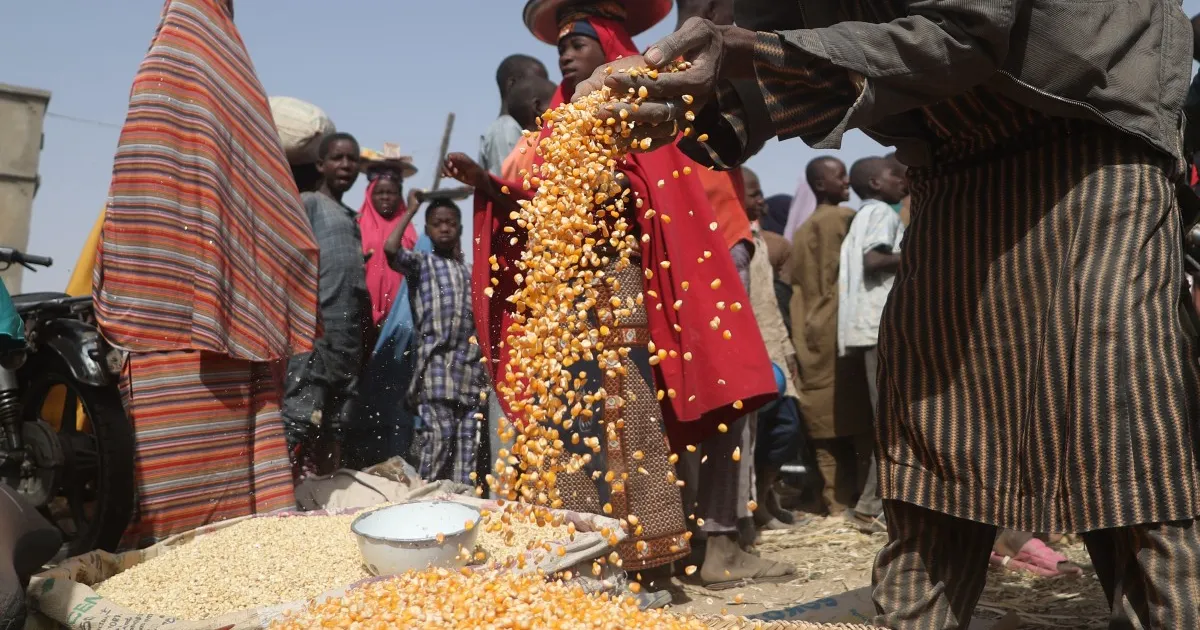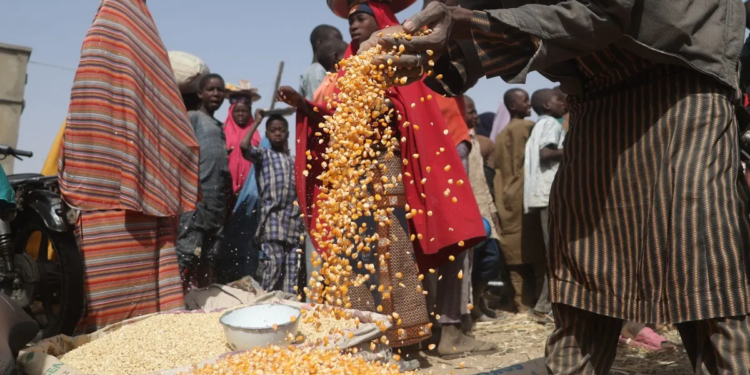
Acute food insecurity is expected to rise in magnitude and severity across 18 hunger “hotspots.” According to the report Palestine and three African countries – Mali, South Sudan and Sudan remain at the highest alert level and require the most urgent attention.
Haiti was added to the list due to escalating violence and threats to food security. Chad, the Democratic Republic of Congo, Myanmar, the Syrian Arab Republic and Yemen are hotspots of very high concern, with a large number of people facing critical acute food insecurity, coupled with worsening drivers that are expected to intensify life-threatening conditions in the coming months.
Since the previous edition of the Hunger Hotspots report (October 2023), the Central African Republic, Lebanon, Mozambique, Myanmar, Nigeria, Sierra Leone and Zambia have joined Burkina Faso, Ethiopia, Malawi, Somalia and Zimbabwe in the list of hunger hotspots, where acute food insecurity is likely to deteriorate further during the outlook period.
The cause of the hunger emergency
Conflict, climate extremes, and economic shocks continue to drive vulnerable households into food crises.
This edition of the report reveals the lingering effects of El Niño and the looming threat of La Niña, which pose further risks of climate extremes that could disrupt lives and livelihoods.
The shift in climate could have major implications for several hotspots, including the risk of floods in parts of South Sudan, Somalia, Ethiopia, Haiti, Chad, Mali and Nigeria, as well as the Sudan.
According to Cindy McCain, WFP Executive Director, “Once a famine is declared, it is too late – many people will have already starved to death. In Somalia in 2011, half of the quarter of a million people who died of hunger perished before famine was officially declared. The world failed to heed the warnings at the time and the repercussions were catastrophic. We must learn the lesson and act now to stop these hotspots from igniting a firestorm of hunger.”
She noted that there are proven solutions to stop these crises in their tracks, but stressed the need for resources and political will to implement them at scale before more lives are lost.









